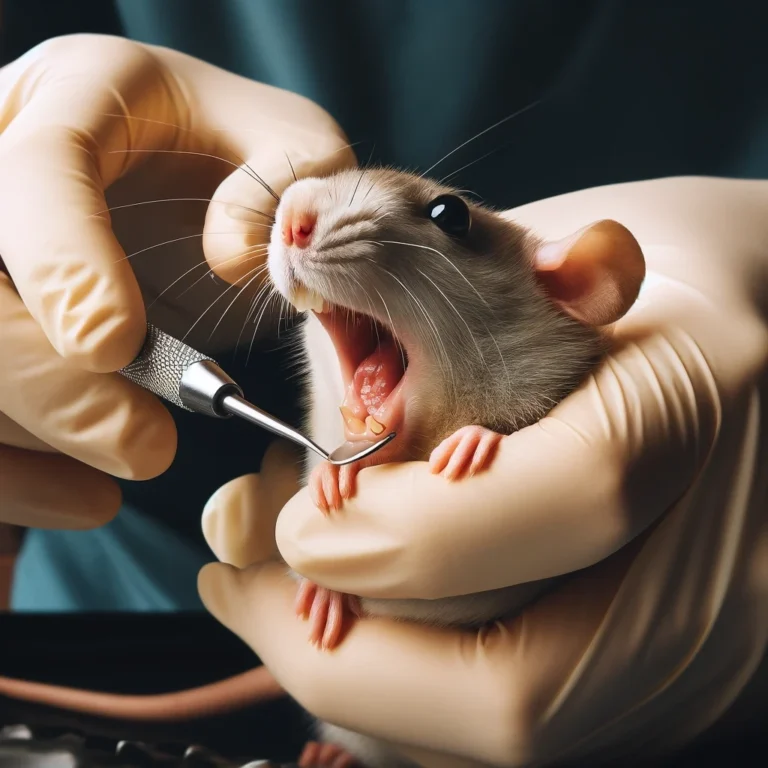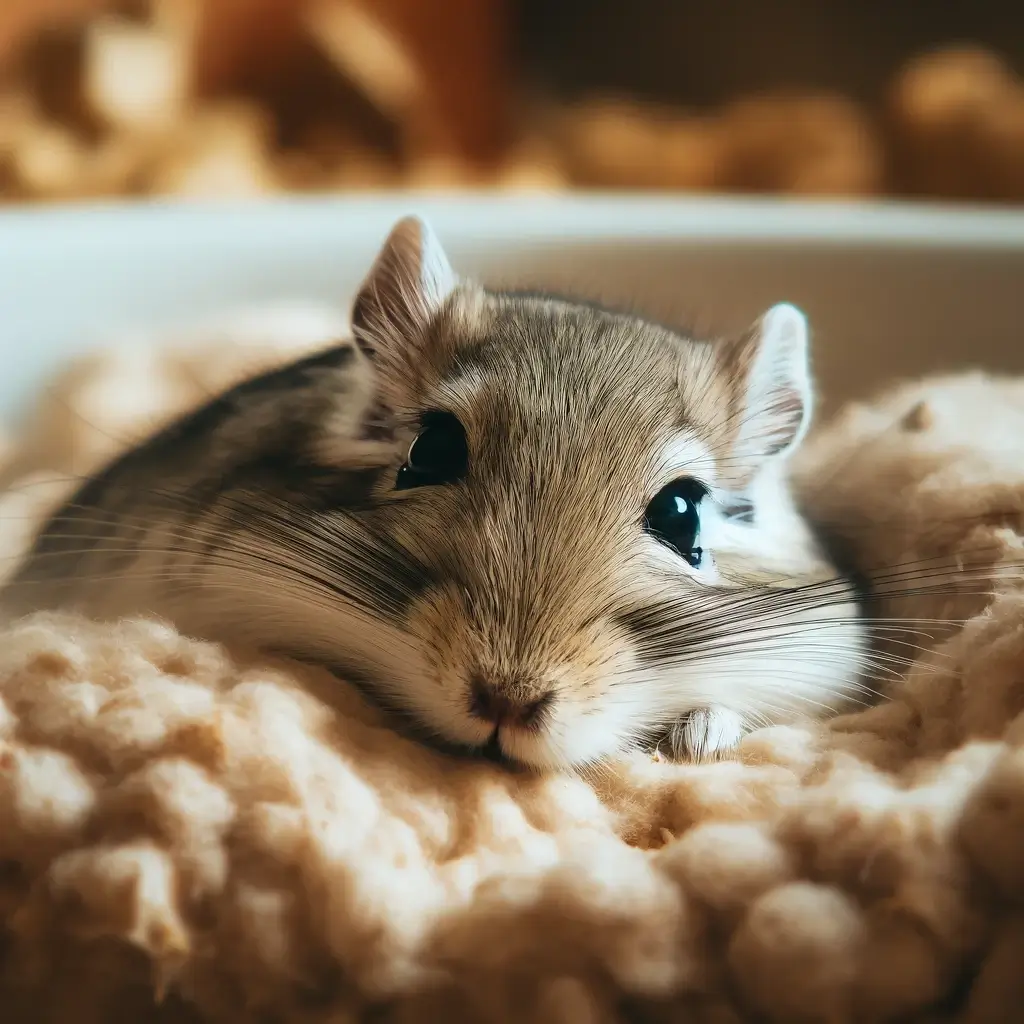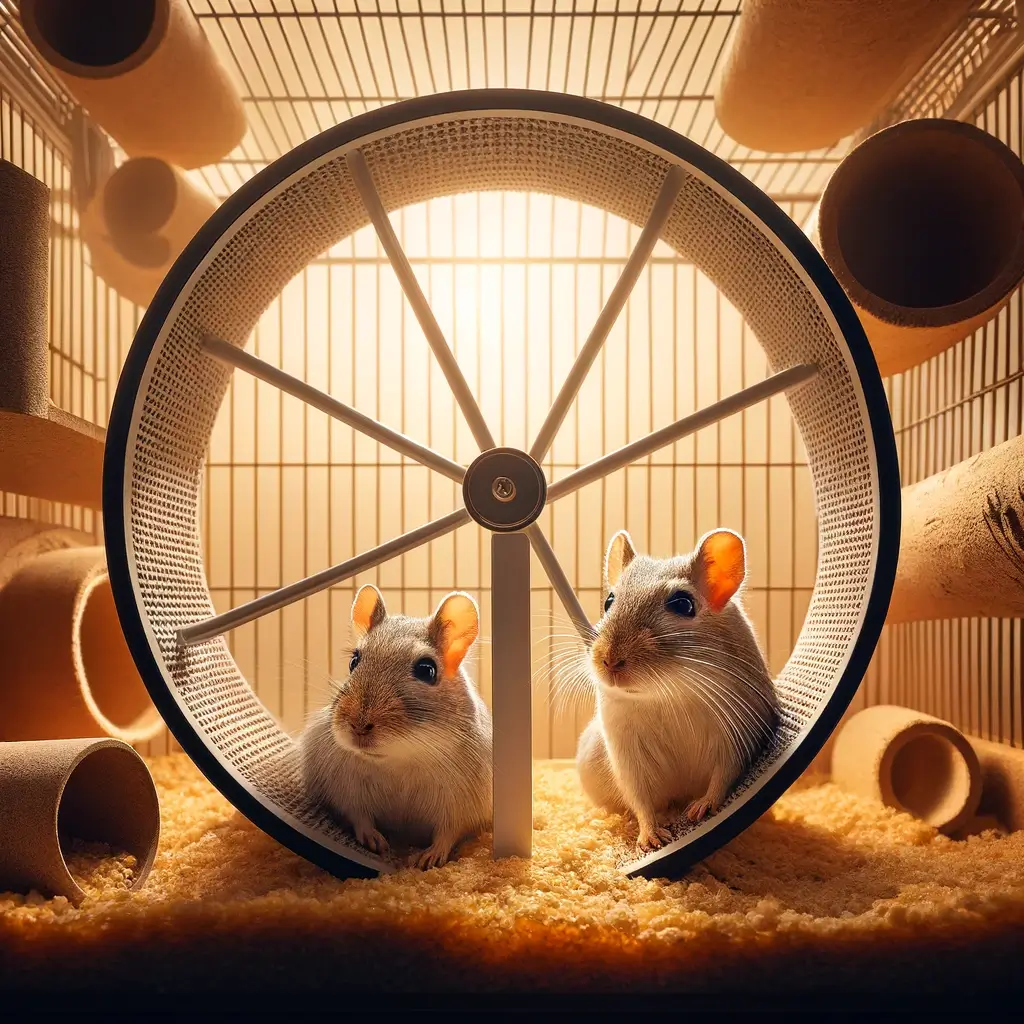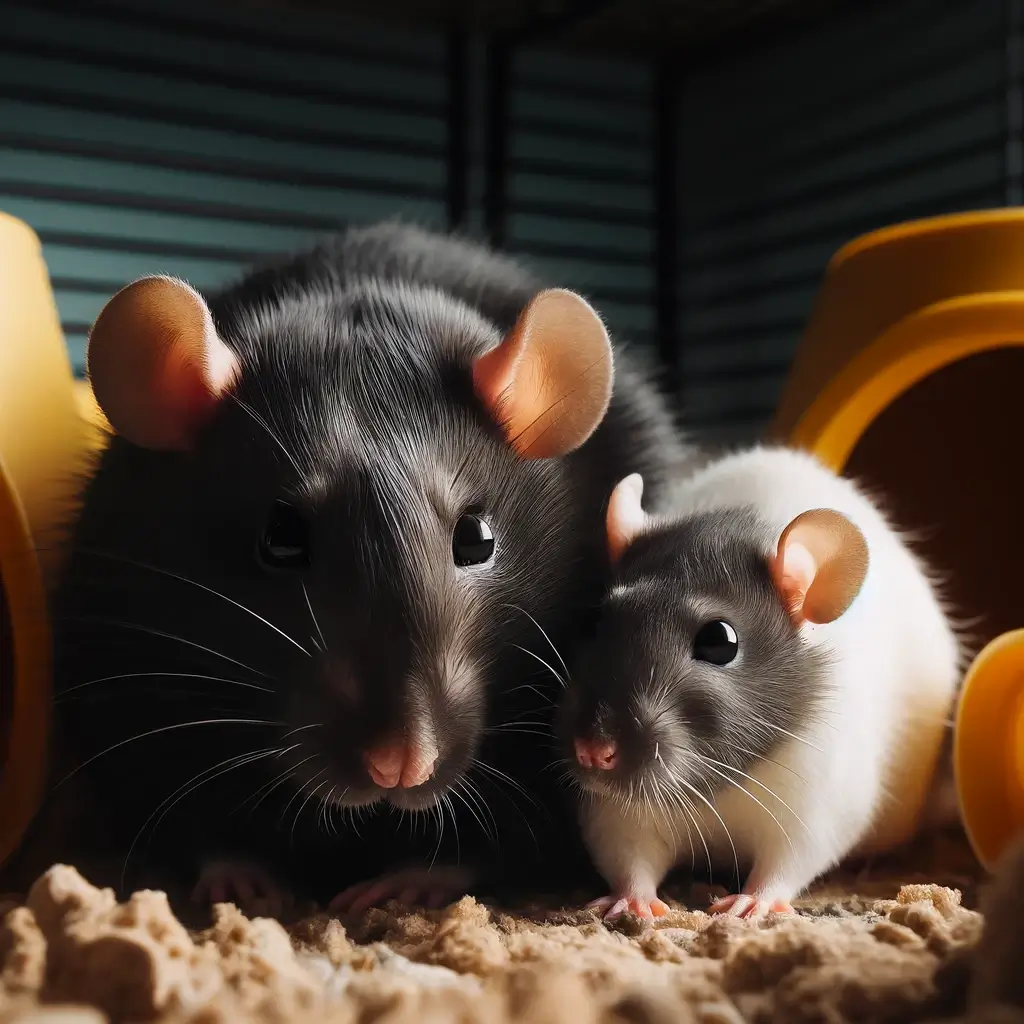Introduction
Rats are engaging and intelligent companions, their health and well-being paramount to owners. Among the various health concerns these small pets face, dental problems rank highly, primarily due to their continuously growing teeth. Ignoring dental health can lead to severe complications, affecting a rat’s ability to eat and overall quality of life. This article delves into common dental issues in pet rats, offering insight into symptoms, prevention, and treatment to ensure your furry friend remains happy and healthy.
Understanding Rat Teeth
Rats possess a set of constantly growing incisors that require regular wear to maintain the correct length and shape. Unlike humans, rat teeth don’t stop growing, which is why their natural behaviors include gnawing on a variety of objects. These actions are not just pastimes but essential activities to ensure their teeth remain healthy and functional. The anatomy of a rat’s mouth is designed to accommodate this continuous growth, with their incisors being harder on the front surface than on the back, facilitating natural wearing down.
Common Dental Problems in Rats
Overgrown Teeth
The most common dental issue in rats stems from their teeth growing too long. Overgrown teeth can lead to difficulties in eating, leading to weight loss and malnutrition. Causes include a lack of proper materials to gnaw on, such as hard foods or wooden blocks, and genetic predispositions to faster-than-normal tooth growth.
Malocclusion
Malocclusion refers to the misalignment of teeth, preventing them from wearing down evenly. This can result from injury, genetic factors, or the aftermath of untreated overgrowth. Signs include noticeable difficulty in eating, weight loss, and sometimes drooling. Left unaddressed, malocclusion can lead to starvation and severe health issues.
Broken Teeth
Rats can break their teeth through accidents or when biting into something too hard. A broken tooth can be painful and may lead to infection if not treated. In many cases, the tooth will regrow, but the rat may need soft foods during the recovery period.
Abscesses
Dental abscesses are infections that occur at the root of a tooth or in the gums. Symptoms include swelling around the mouth, noticeable pain, and sometimes pus. Abscesses require prompt veterinary attention to prevent the spread of infection and alleviate pain.
Symptoms of Dental Problems
Identifying dental issues early on is crucial. Signs of dental problems in rats include:
- Drooling or discharge from the mouth.
- Difficulty picking up, chewing, or swallowing food.
- Weight loss or a noticeable decrease in food intake.
- Behavioral changes such as reduced activity or aggression due to pain.
- Visible overgrowth or misalignment of the teeth.
Preventing Dental Problems
Diet and Chew Toys
Providing a balanced diet that includes hard vegetables and giving your rat various appropriate chew toys can significantly reduce the risk of dental problems. These actions help ensure that your rat’s teeth are naturally ground down to a healthy length.
Regular Health Checks
Routine health checks, including at-home inspections and professional veterinary assessments, are vital. They allow for early detection and treatment of potential dental issues, preventing more severe complications.
Treating Dental Problems in Rats
Home Care vs. Veterinary Treatment
While some dental issues can be managed at home by providing suitable chew materials and monitoring food intake, most dental problems require professional veterinary care. Treatments may involve trimming overgrown teeth or, in severe cases, surgical intervention.
Post-Treatment Care
Following any dental treatment, it’s crucial to provide your rat with appropriate care, which may include feeding soft foods temporarily and ensuring a clean, comfortable environment for recovery. Adhering to your vet’s recommendations for follow-up care is essential for your rat’s health.
Conclusion
Maintaining dental health is a critical aspect of caring for a pet rat. Understanding common dental issues, recognizing their symptoms, and taking steps to prevent such problems can help ensure your rat lives a happy, healthy life. Regular veterinary checkups, a proper diet, and suitable chew toys are key elements in preventing dental woes. By being proactive in your rat’s dental care, you can avoid many common issues and enjoy the company of your furry friend for years to come.









